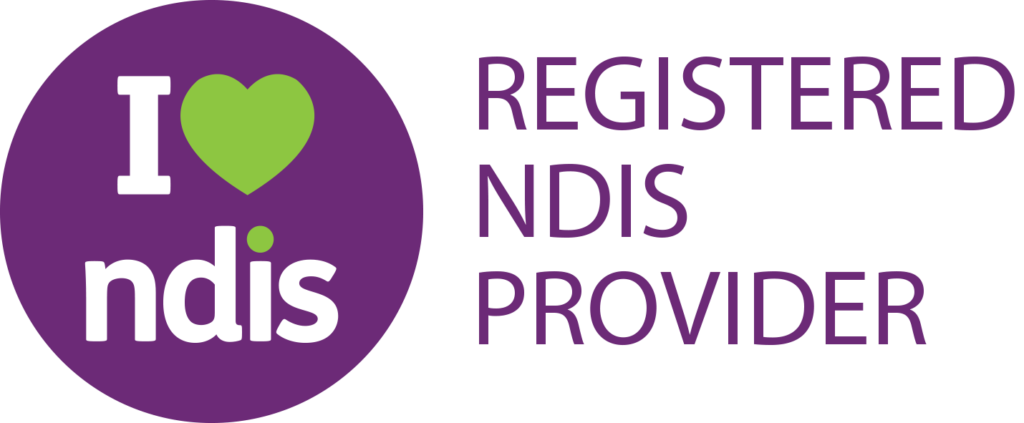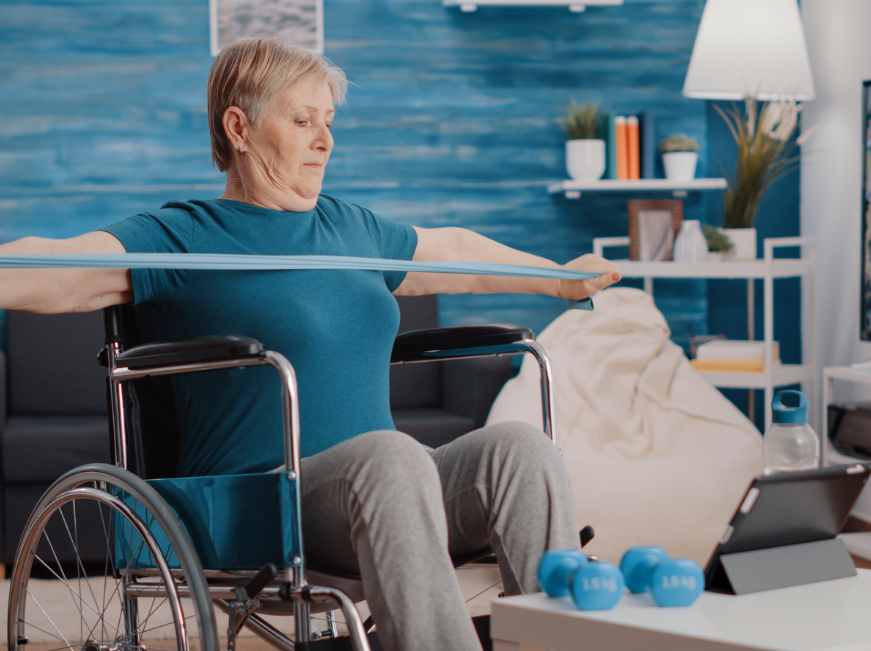Exercise Programs to Support NDIS Participants in Gympie
For people living with disability, maintaining independence, mobility, and overall health is vital. Exercise is a powerful tool that not only supports physical wellbeing but also helps improve confidence, social interaction, and quality of life. In Gympie, structured exercise programs tailored to the needs of National Disability Insurance Scheme (NDIS) participants are making a real difference.
The Role of Exercise in Disability Support
Exercise plays an important part in improving strength, endurance, flexibility, and coordination. For NDIS participants, the right program can address specific health needs while providing a safe and supportive environment.
Some of the key benefits include:
Enhancing mobility and functional movement
Supporting weight management and overall health
Improving cardiovascular fitness
Reducing the risk of secondary health conditions such as diabetes or heart disease
Boosting mental health and reducing feelings of isolation
When designed carefully, exercise can also help individuals achieve their personal NDIS goals, whether those involve greater independence at home, participating in community activities, or improving daily living skills.
Evidence-Based Approaches
Exercise programs that are grounded in research and clinical expertise provide the best outcomes for NDIS participants. Accredited exercise physiologists and allied health professionals can design individualised programs that consider a person’s abilities, goals, and support requirements.
At The Allied Health Team, NDIS participants in Gympie receive tailored programs that are both safe and achievable. These programs are regularly reviewed to ensure ongoing progress and to adjust as needs or circumstances change.
Types of Exercise Programs Available
The structure of an exercise program will depend on each participant’s goals and functional capacity. Common types of programs include:
Strength and Conditioning
These exercises focus on building muscle strength to support joints, improve stability, and make daily activities easier. For example, resistance training with bands or weights can help participants move more confidently and safely.
Aerobic Fitness
Low-impact aerobic activities such as walking, cycling, or swimming improve cardiovascular health and endurance. This makes it easier to engage in social and community activities without fatigue.
Flexibility and Stretching
Gentle stretching exercises maintain mobility, prevent stiffness, and enhance overall comfort. They are particularly beneficial for participants with a limited range of motion.
Balance and Coordination
Balance programs are designed to improve confidence in movement and reduce the risk of falls. These sessions can also support independence in daily living tasks.
Group Exercise Sessions
For some participants, exercising in a group provides social interaction and encouragement. Group settings foster community connection while still addressing individual goals.
Overcoming Barriers to Exercise
Many NDIS participants face barriers that make regular exercise challenging, such as mobility limitations, transportation issues, or a lack of confidence. Supportive programs in Gympie address these barriers by providing:
Accessible facilities and equipment
Individualised pacing to match ability levels
Professional supervision to ensure safety
Encouragement and ongoing motivation
By removing obstacles, participants can focus on what matters most: improving health and enjoying an active lifestyle.
The Role of Support Workers and Families
Support workers and family members often play a key role in helping NDIS participants maintain regular exercise. Encouragement, transportation, and simply joining in with activities can make exercise more enjoyable and sustainable. Collaboration between allied health professionals, support workers, and families ensures a holistic approach that keeps participants motivated and engaged.
Supporting NDIS Participants Through Tailored Care
Exercise is not just about physical fitness; it is about building confidence, independence, and a sense of achievement. For NDIS participants, structured programs create opportunities to live healthier, more active lives while working towards personal goals.
In Gympie, The Allied Health Team provides a professional and supportive environment where participants can thrive. By focusing on individual needs and goals, the programs offered deliver meaningful results.
Supporting NDIS Participants in Gympie with Exercise
The benefits of exercise for NDIS participants are far-reaching, from improved physical health to greater independence and community involvement. Tailored programs that prioritise safety, evidence-based strategies, and personal goals can transform everyday life.
For those in Gympie, accessing supporting NDIS participant programs ensures that exercise becomes a positive, sustainable, and empowering part of disability care. With the right guidance and encouragement, every participant has the opportunity to achieve their goals and enjoy a higher quality of life.


